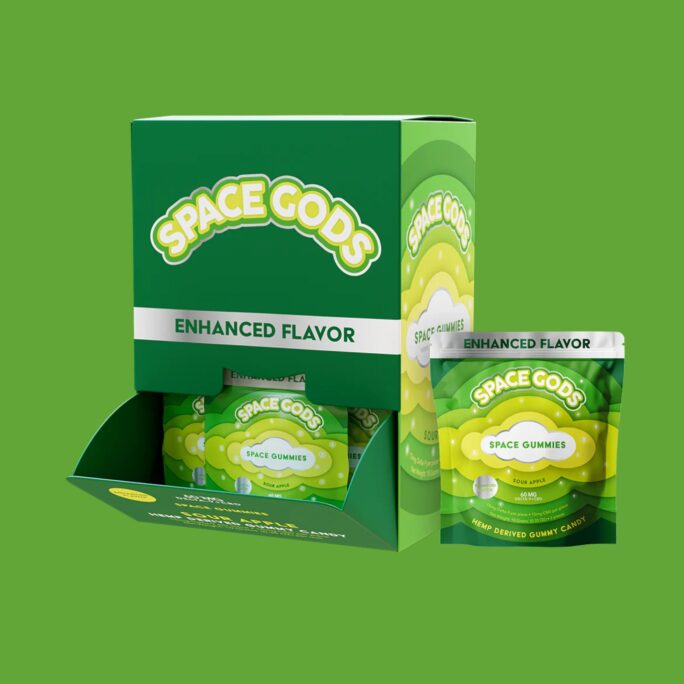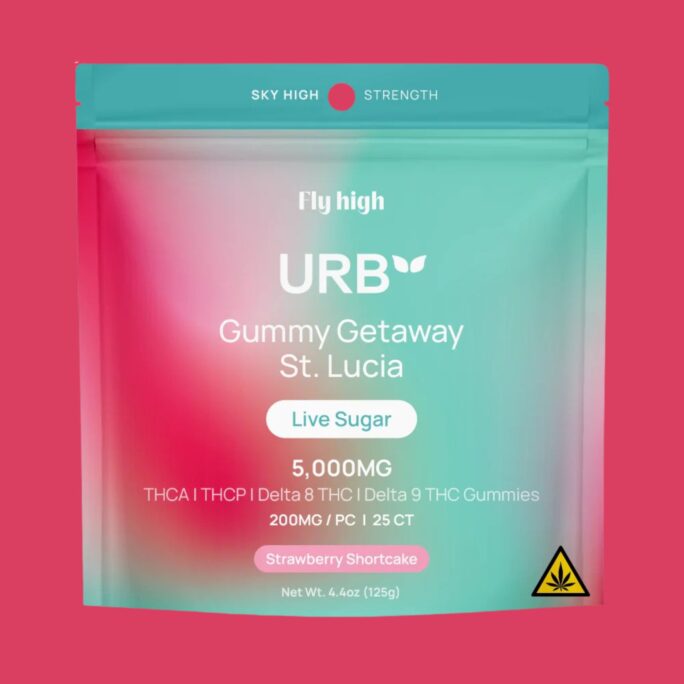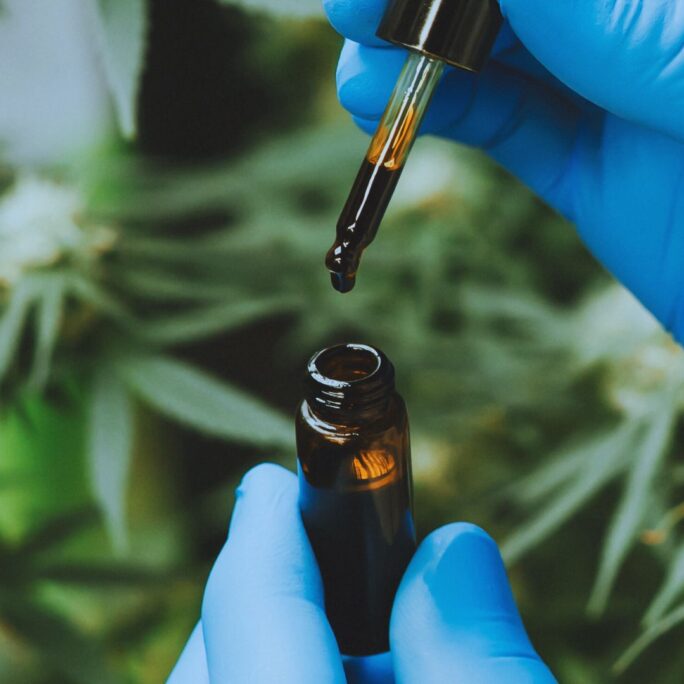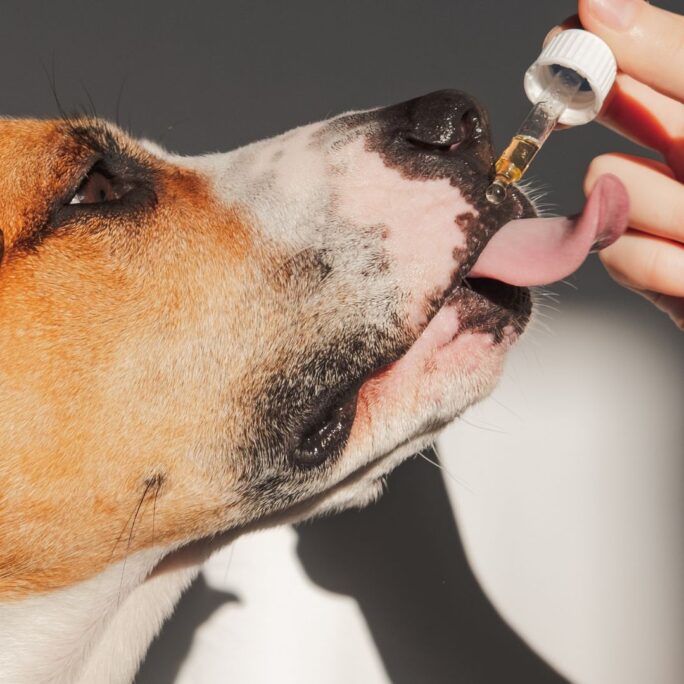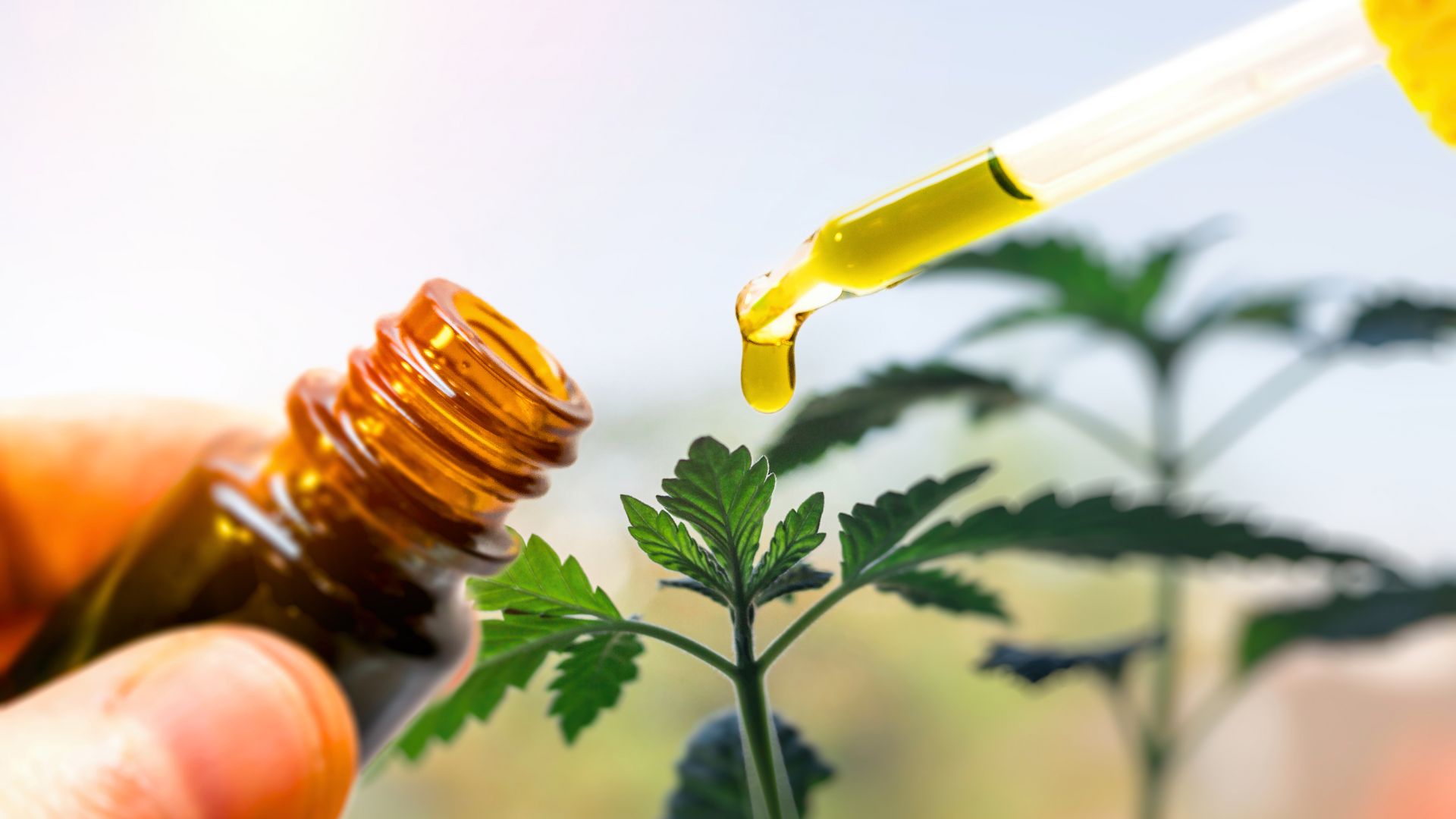
Amidst the excitement about CBD’s potential health benefits, a question lingers: Is CBD bad for you?
Let’s delve into the world of CBD, its effects on mental and physical health, and what you should consider when using it.
Understanding CBD
CBD, short for cannabidiol, has garnered significant attention in recent years.
Cannabidiol is a natural compound derived from the cannabis plant. Unlike its counterpart, THC (tetrahydrocannabinol), cannabidiol is non-psychoactive.
This means it won’t get you high, making it a safer option for those concerned about THC and don’t want its intoxicating effects.
CBD and psychoactive effects
As mentioned earlier, CBD does not produce psychoactive effects. It does not alter your state of mind like marijuana, making it a less risky option for mental health compared to THC.
The benefits of CBD
Cannabidiol is believed to offer various health benefits, such as pain relief, anxiety reduction, and even potential benefits for epilepsy.
However, research is ongoing, and individual responses may vary.
- Pain Management: Cannabidiol reduces inflammation and is known for its potential to relieve chronic pain.
- Anxiety and Stress Relief: Many users report reduced anxiety and stress levels.
- Improved Sleep: Cannabidiol may help individuals with sleep problems achieve a better night’s rest.
- Neuroprotective Properties: Some studies suggest that it might have neuroprotective effects, potentially helping individuals with neurological disorders.
Potential risks
Although CBD is generally considered safe, you should be aware of a few potential risks.
- Drug Interactions: Cannabidiol can interact with certain medications, so consult your doctor before using it.
- Quality Concerns: The market is flooded with products of varying quality. Look for products from reputable brands.
- Side Effects: Some users may experience side effects like diarrhea, changes in appetite, or fatigue.
Dosage and consumption methods
Determining the right CBD dosage and consumption method is crucial. It’s recommended to start with a low dose and gradually increase it, paying attention to your body’s response.
There are various ways to consume cannabidiol, including oils, gummies, and topicals.
Side effects and risks
While cannabidiol is generally considered safe, it’s not entirely risk-free.
Potential side effects may include dry mouth, diarrhea, and changes in appetite. These effects are usually mild but can vary from person to person.
Interactions with medications
CBD can interact with certain medications. If you are on any medication, it’s essential to consult with a healthcare professional before using it in your routine.
Quality and regulation
The quality of CBD products can vary greatly. It’s important to choose high quality products from reputable companies.
Third-party lab testing can help ensure the product’s potency and purity.
Purchasing CBD products
When buying cannabidiol products, be sure to check the source, extraction methods, and the presence of any added ingredients.
Research and select products that align with your health goals.
Is CBD Bad for your mental health?
Cannabidiol is generally considered safe for mental health, but individual reactions may differ. If you have concerns about its impact on your mental health, consult with a doctor before use.
Is CBD bad for your physical health?
Cannabidiol is not known to have adverse effects on physical health. In fact, it may provide relief for certain physical ailments. However, always use it responsibly and as recommended.
The importance of consultation
It cannot be stressed enough: Consult a healthcare professional before using CBD, especially if you have preexisting health conditions or are taking medications.
In conclusion, the question, “Is CBD bad for you?” doesn’t have a straightforward answer.
Cannabidiol is generally considered safe, with potential health benefits. However, its effects can vary from person to person.
To ensure your well-being, it’s crucial to consult a healthcare professional before incorporating it into your routine.
FAQs
- Is CBD the same as THC? No, CBD and THC are different compounds. CBD is non-psychoactive and won’t get you high, whereas THC is psychoactive and can alter your state of mind.
- Can I use it for pain relief? Many people use CBD for pain relief, but its effectiveness may vary. It’s advisable to consult with a healthcare professional for guidance.
- Are there any long-term risks? Long-term risks are not yet well-documented, as CBD research is still in its early stages. However, using CBD in moderation is generally considered safe.
- How should I choose a CBD product? Choose a reputable manufacturer, check for third-party lab testing, and consider your specific health needs when selecting a CBD product.
- Can I get addicted to CBD? CBD is not known to be addictive. It doesn’t produce the same addictive effects as THC or other substances.
This article aims to provide information, but you should not consider it as medical advice.
Always consult with a healthcare professional for personalized guidance regarding any cannabis use.

